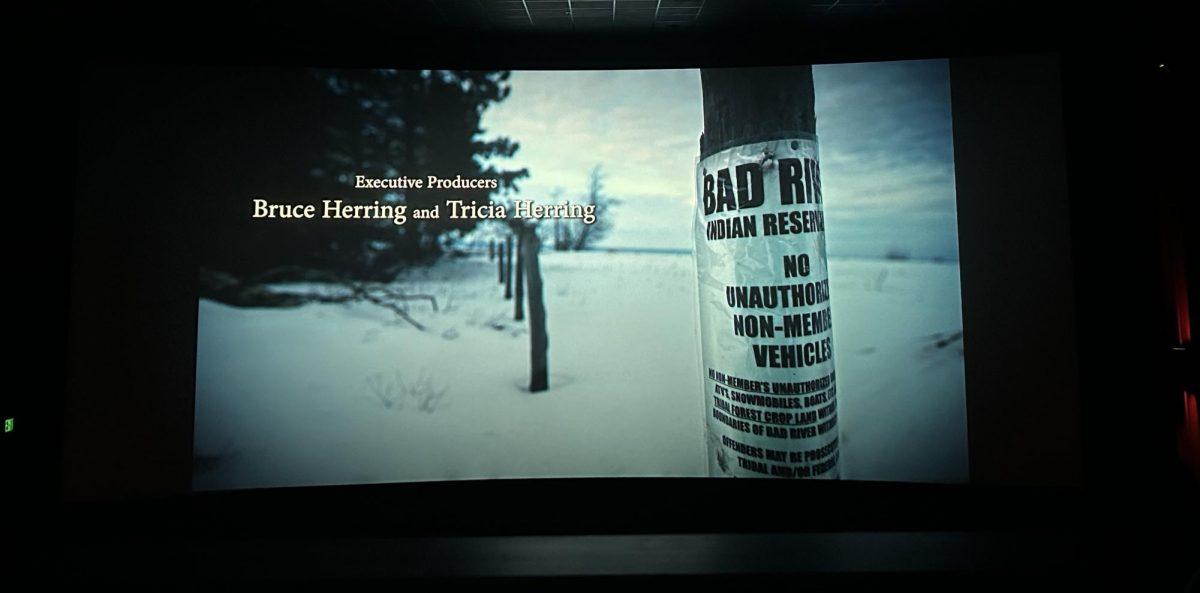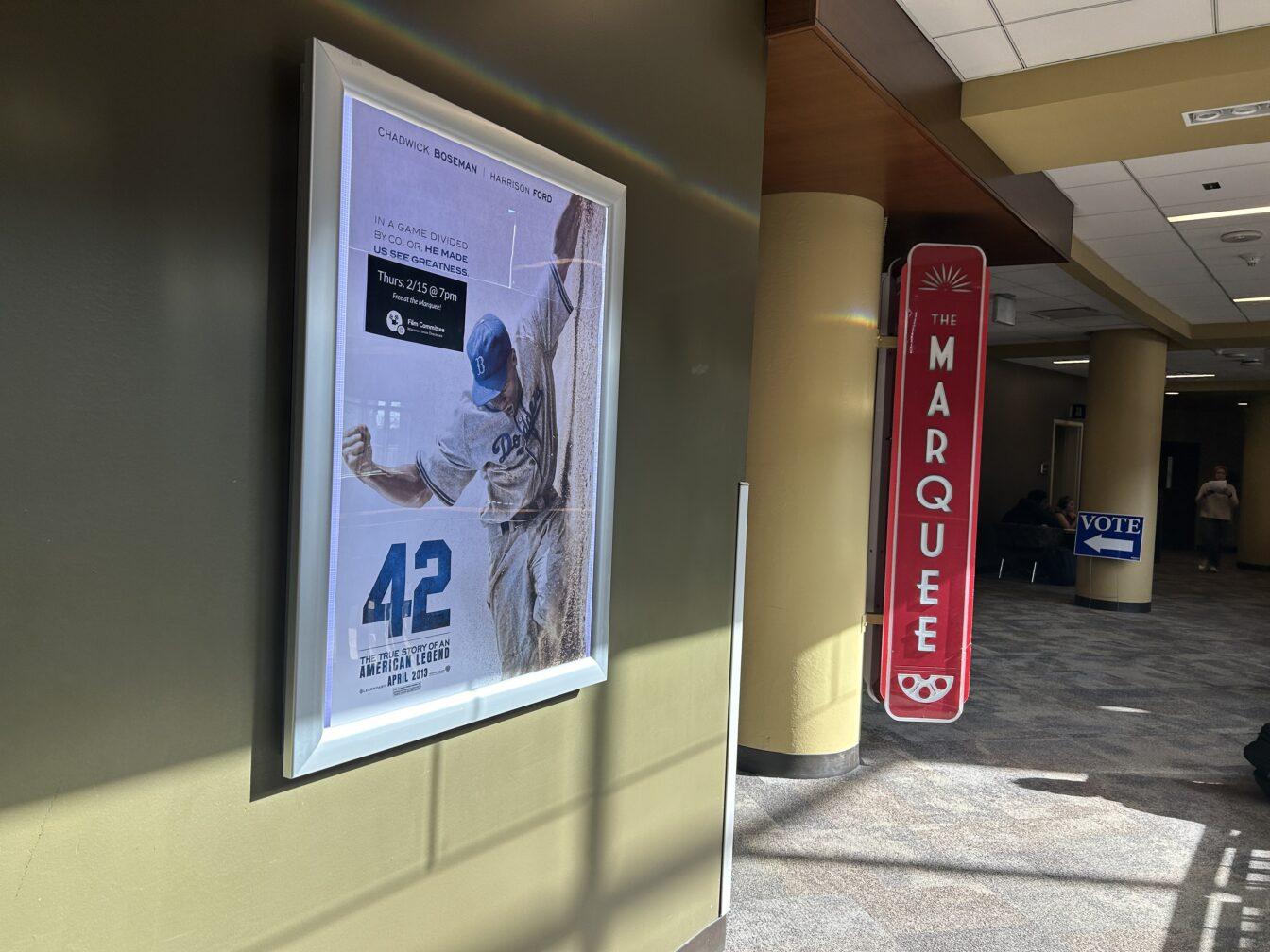With “Gone Girl,” director David Fincher’s genius has only become more certain.
At the end of the film, which is based on Gillian Flynn’s novel of the same name, I involuntary uttered a “holy shit” and proceeded to text everyone I know with a cinephile’s credible (or at least credible enough) affirmation: “You HAVE to see this movie.”
The film stars Ben Affleck (“To the Wonder”) and Rosamund Pike (“Hector and the Search for Happiness”) as Nick and Amy Dunne, the couple who have surpassed the annoying cliché absurdities of romance and formed an enviable marriage. At least that’s how they are portrayed for the first act, so to speak. Pike has disappeared, somehow beyond anyone’s knowledge. While Nick and his sister, played by the clever Carrie Coon (a graduate of the University of Wisconsin), look for answers, Amy exposes the audience to pieces of her story through a diary. We begin to actually like her and sympathize with her situation and the apparent unraveling of her marriage.
The biggest step, something that could have easily pulled the plot into a deep dark hole from which it would never return, saw the movie pulling off a huge (first) climax about an hour in. Amy is not who she seems. Not even close. Nick is pretty much a stupid asshole for the first part of the film, but all of a sudden, the tables turn.
By this time, my mouth is agape and I’m practically gripping my neighbor’s hand in total and outright suspense. This is how Fincher does things. And with a whole new series of events to uncover, the second act begins.
Oh, poor Neil Patrick Harris (“A Million Ways to Die in the West”) — a.k.a. Desi Collings, Amy’s former lover, the petty and obsessive victim of our “protagonist.” Victim is the key word here. “Gone Girl” is an uncovering of the predator and the prey. But Amy is like the book we know is doomed to end badly but can’t put down, because we’ve already invested so much time and emotion in the damn thing.
Flynn’s incredible, immersive and mysterious plot gives “Gone Girl” much of its allure. But that is not to give less credit to the acting and stylistic elements of the film, which are truly mesmerizing.
Rosamund Pike takes on her first prominent leading role as Amy. She has an annoyingly cute face, puppy-dog brown eyes and an overall look that can quickly turn from unassuming and likeable to cynical, determined and deliciously macabre. I would bet on an Oscar nomination coming her way.
Speaking of acting, I haven’t liked Ben Affleck much since I first saw “Good Will Hunting.” Really, up until “Argo,” I only really recognized the actor as the center of butt-chin jokes on South Park or mistook him as the object of the Aflac duck commercials. Affleck turns Nick Dunne into more than a mysterious, cheating douchebag. He develops layer upon layer, giving us some meaty personality to really dig our chops into.
But I digress. The style of “Gone Girl,” which is simultaneously polished and dark with a pinch of satire, is not far off from those of Fincher’s more recent films, “The Girl With the Dragon Tattoo” and “The Social Network.” The scenery and surroundings continually feel empty. The nowhere town in which the story takes place feels isolating. The world Fincher shoves us into feels like an enclosed cell, at least for the first half of the film.
His characters (or better yet, the characters that he chooses to recreate cinematically) are heavy and have the tendency to easily transfix an audience. They twist our hopes and emotions and expectations, all of which start to blur and leave us at the whim of an unraveling thrill ride. Through his characters, Fincher forces us to ask unexpected questions. Here, the main question is probably: “Can I ever truly know anyone, let alone the person to whom I’ve promised the rest of my life?”
With “Gone Girl,” there is no time for boredom or rustling in your seat. Over the film’s near two-and-a-half hour time frame, all I wanted was for the story to go on without end.
5 out of 5 stars














